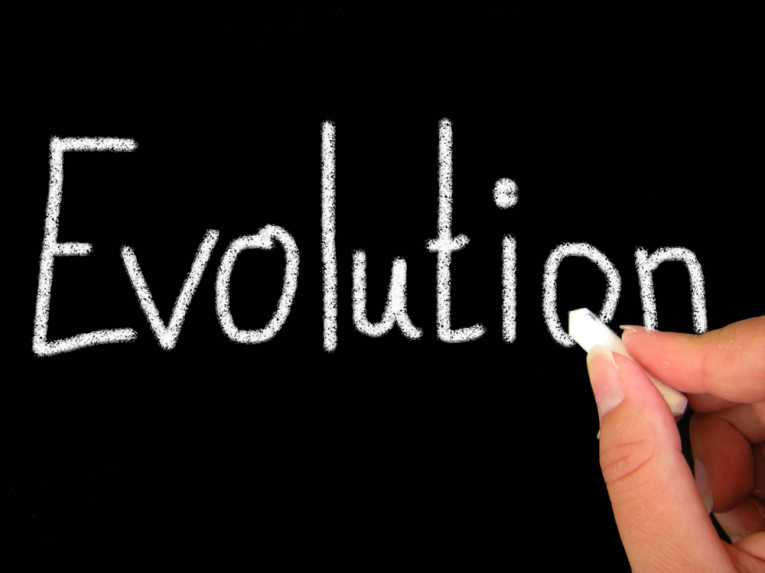Since the beginning of time the world's climate has been subject to change. Periods of intense heat followed by periods of intense cold that have had a profound effect on the lives and development of the planet's flora and fauna.
For many years important events in human evolution have been attributed to climate change and as part of a recent study, scientists have been considering the precise impact that climate change has had on human evolution during the last few hundred thousand years.
It is only as a result of recent research that data and methods have advanced to the point where scientists can begin to quantify the impact that these climatic changes have had on the adaptation and migration of the human species.
There is now a good body of knowledge concerning climate changes that go back over the past 7 million years and there are a number of hypotheses regarding the way that these changes might have influenced the development of our species and its ecosystem.
The evolution of our species, Homo sapiens, took place within the past 200,000 years or so and recent research indicates that in East Africa, where Homo sapiens are thought to have originated, the trend towards greater aridity began around 660,000 years ago. It is thought that this general trend towards increased aridity had an important influence on the dispersal of early humans from their presumed original homeland.
Within the timescale of the history of the Universe our planet has not stayed the same for very long. In addition to its alternate periods of heat and cold, natural movements of the Earth's crust have changed the shape of landmasses, flooding areas that were once dry land and creating continents and even mountains from areas that were once deep below the ocean.
20,000 years ago much of North America and Eurasia were covered by a vast sheet of ice and this was only the most recent of the so-called ice ages. This obviously had a significant effect on the life styles of the people who inhabited the world at that time. When the ice melted, a rise in humidity is thought to have led to the extinction of a number of large and dominant land mammals.
Professor Mark Collard from Canada's Simon Fraser University has been leading the University's Human Evolutionary Studies Program where a research team has been looking at ways in which climate change can impact human evolution.
Speaking at the recent 2012 American Association for the Advancement of Science conference in Vancouver, Professor Collard argued that there is a need to have a better understanding of the ways that climate and related environmental variables have affected historically documented small-scale societies. This is necessary, said Professor Collard, in order for us to accurately track the impact of climate change on human evolution.
One area that professor Collard finds particularly significant is the development of tools used by hunter-gatherers. There was a considerable variation with these and the team's research suggests that the number and intricacy of these food-gathering tools was significantly influenced by environmental factors.
It was discovered that people who lived in harsh and risky environments such as Arctic areas where food was scarce, developed and used many more complex tools than people who lived in areas such as tropical rain forests that were far less harsh and risky.
This suggests that where the climate was harsh and food was hard to come by as part of the process of evolution the population needed to develop new techniques in order to stay alive. These techniques included the need for more complex tools.
On the other hand, the dwellers of tropical rain forests always had a plentiful supply of game and plant food so they had no need for sophisticated tools.
Since food-gathering tools make up a large part of our known archaeological records, these findings are providing us with a means of tracking the impact of climate change on human evolution.
Dr Collard believes that it is possible to relate his findings to current thinking about the impact of climate change on the global dispersal of modern humans. He believes that it is also possible to relate this to the evolution of their cultures during the last 200,000 years.
It is interesting to compare the evolutionary world with the world of today. As the ancestral humans evolved they were faced with a world where its diverse ecological niches and ecosystems was not always easy to cope with. During their period of evolution they learnt to readily adapt to the world that was around them.
On the other hand, modern humans have the power, knowledge and ability to transform their ecosystems and with little thought of the possible consequences can modify these to suit to their own ends. At the same time scant regard has been paid to the consequences of changes to the global climate. Taken together these factors could ultimately threaten the whole future existence of the human race.










